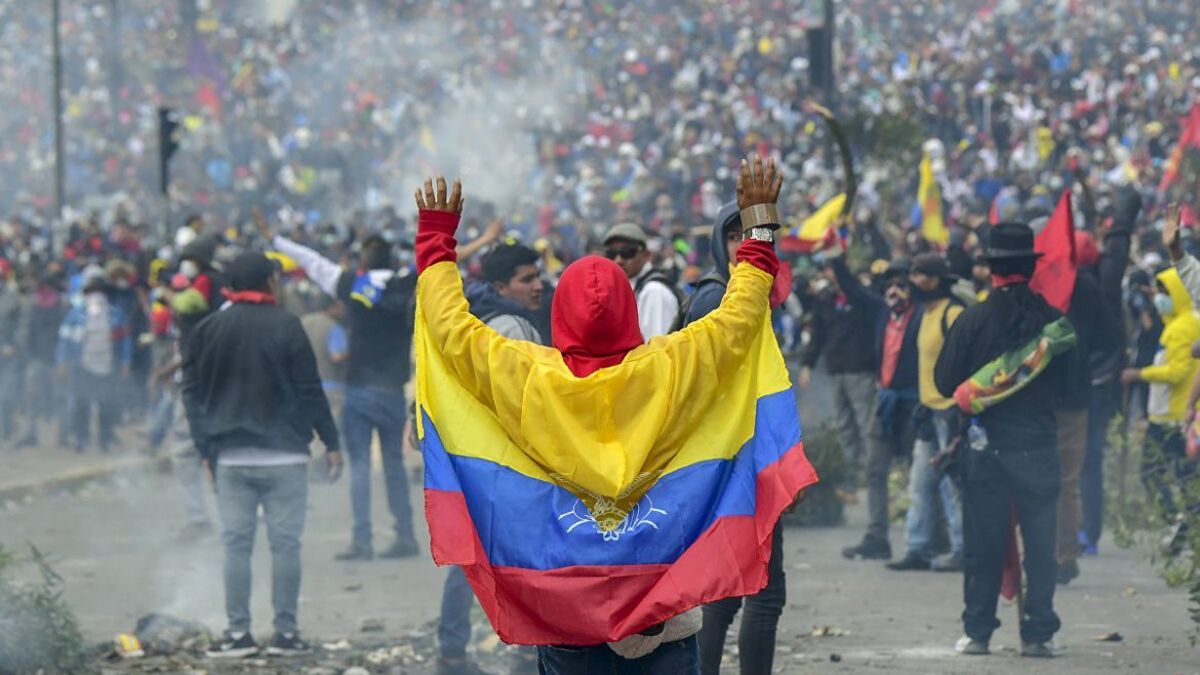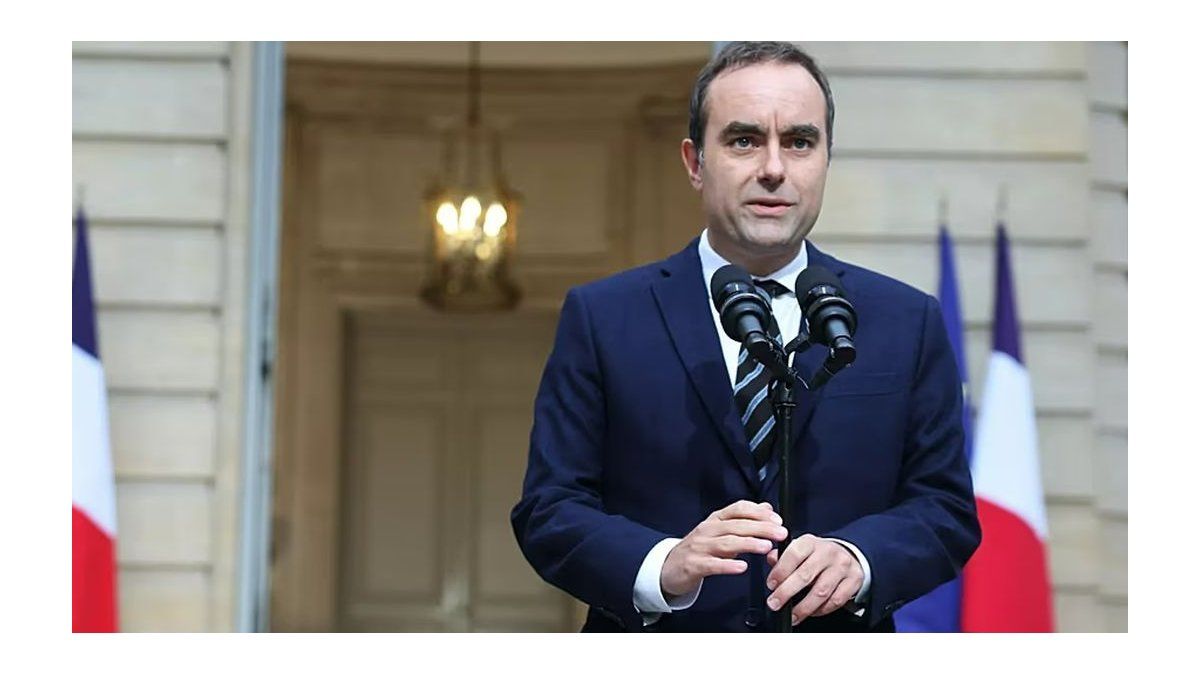The Union for Hope caucus, related to former socialist president Rafael Correa (2007-2017), accused Lasso of the “serious political crisis and internal commotion” that has shaken the country since June 13, with almost daily demonstrations and blockades.
The demonstrations, which began on June 13, have so far left 5 civilians killed and multiple attacks against the public force, with a balance of more than 200 wounded Until now.
The protests have worsened the already troubled relationship between William Lasso with the National Assembly (parliament), whose legislators have blocked his main economic proposals, as he struggles to contain the growing violence he attributes to drug gangs.
For his part, the president of Ecuador raised this Saturday the state of exception that governed the six provinces most affected by the indigenous protests against their government. The president decreed “the termination of the state of exception due to serious internal commotion in the provinces of Chimborazo, Tungurahua, Cotopaxi, Pichincha, Pastaza and Imbabura.”
Ecuador’s constitution allows lawmakers to remove leaders and call elections if the country experiences a political crisis or mass unrest. “The country does not give more,” UNES assemblyman Fausto Jarrín told Reuters, informing that they will make a formal request for a meeting to be convened.
The Legislature needs 46 signatures in support of the president’s impeachment request for a debate to be called. The removal of him itself would require the support of 92 of the 137 legislators in the Assembly and Guillermo Lasso himself can also dissolve the legislature and call elections.
Argentine mission surveys the human rights situation in Ecuador
A Mission of International Solidarity and Human Rights of Argentina is in Ecuador to relieve situations of human rights violations for a few days and then prepare a report on the matter, within the framework of the protests carried out by indigenous movements against the government’s policies.
Among the members of the group that is reviewing the situation in Quito, is the leader of the Great Fatherland Front, John Graboiswho stated that “murder, torture and forced disappearances” were confirmed in Ecuador.
juan grabois ecuador human rights.jpg
“We have verified murders, torture, forced disappearances. We have been able to hear statements that automatically became an invitation to what we could call civil commandos to confront the protesters on issues of class and race”expressed Grabois in his speech in the plenary session of the National Assembly of Ecuador, before the Ecuadorian legislators.
The social leader also denounced having received “an intimidating message” from the Ecuadorian Police through Twitter and urged that “all the powers of the State become aware of the importance of guaranteeing peace”it was reported in a statement.
In the report released by the International Mission of Solidarity and Observation of Human Rights, the verification of human rights violations was reported, among them, the murder of five people at the hands of the repressive forces, “with the irregular use of weapons of lethal deterrence”, which included pellet shots and tear gas impacts “at close range and in vital areas”.
It was also detailed that there were 132 arbitrary arrests for “exercising the right to protest”; “kidnapping, persecution and planning of attacks” against the integrity of indigenous and social leaders; violation of judicial guarantees and access to justice for citizens; denial of health care “for racial and anti-indigenous reasons”; and “media censorship and blocking of information,” among others.
Source: Ambito
David William is a talented author who has made a name for himself in the world of writing. He is a professional author who writes on a wide range of topics, from general interest to opinion news. David is currently working as a writer at 24 hours worlds where he brings his unique perspective and in-depth research to his articles, making them both informative and engaging.




